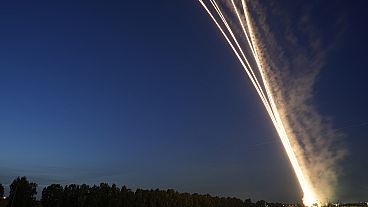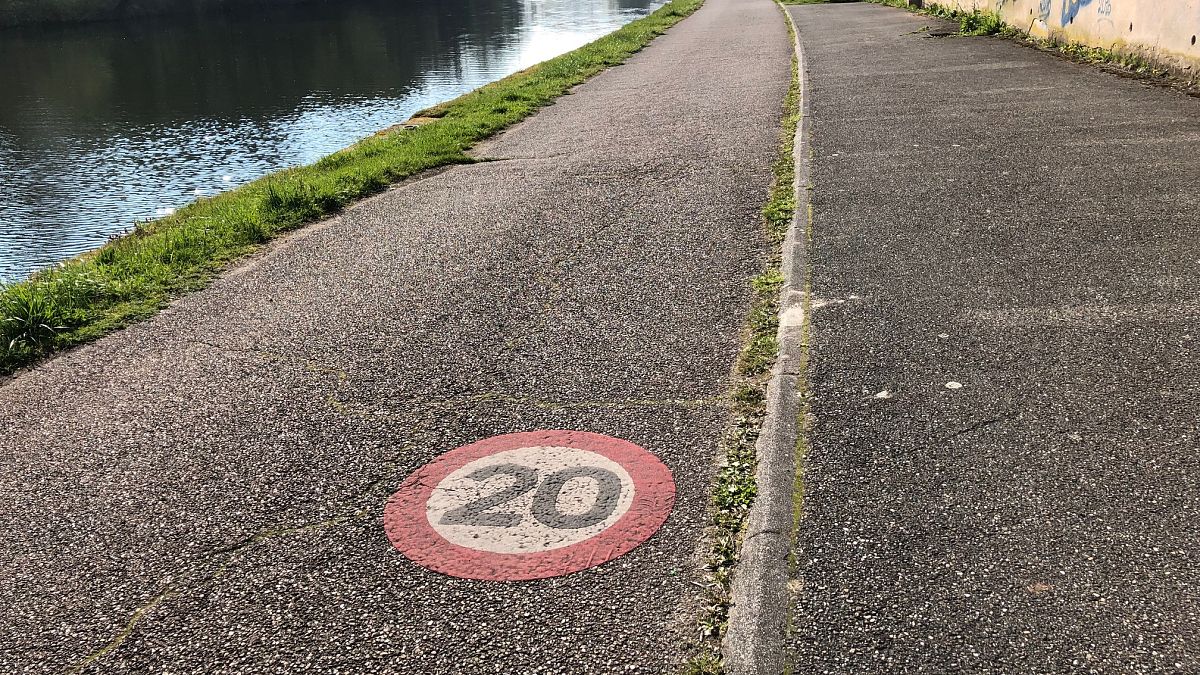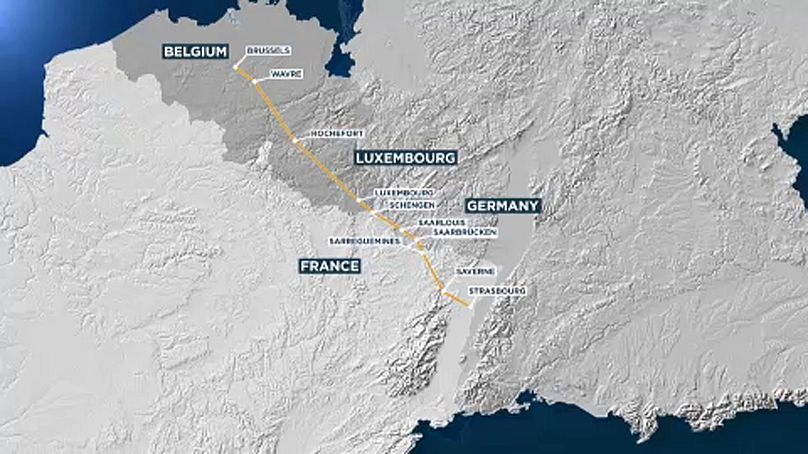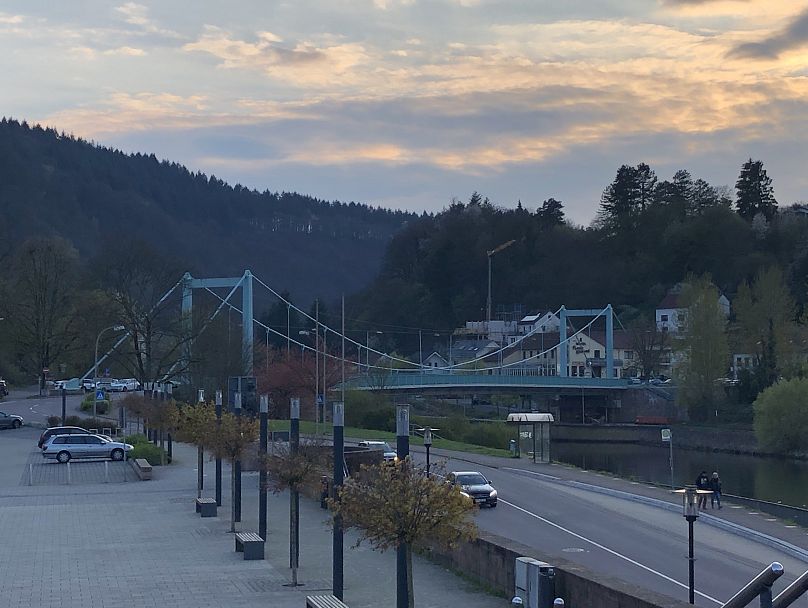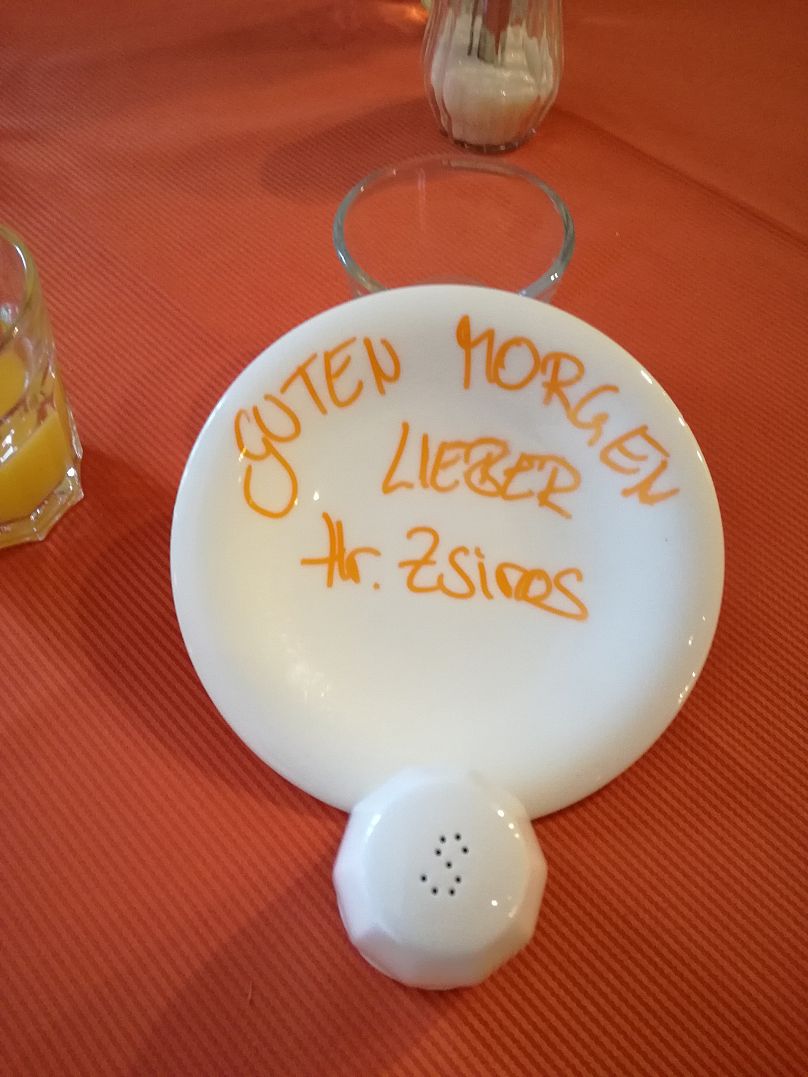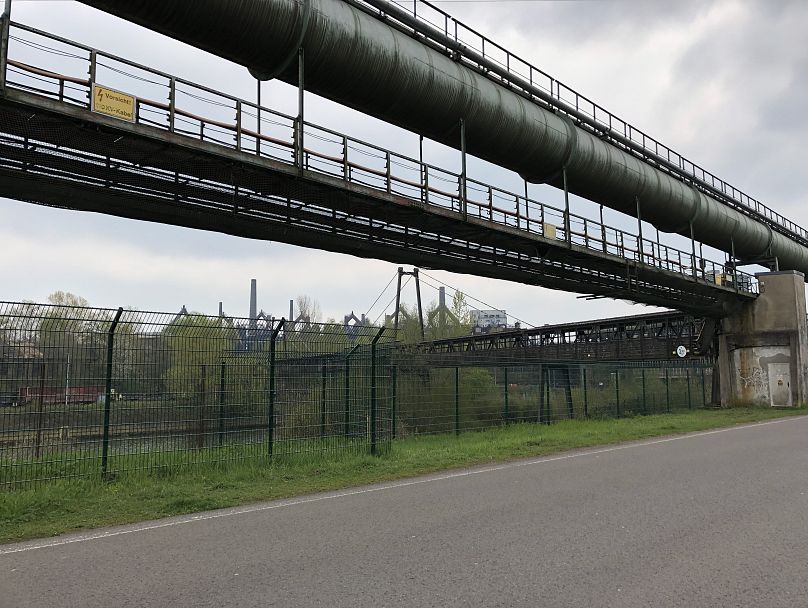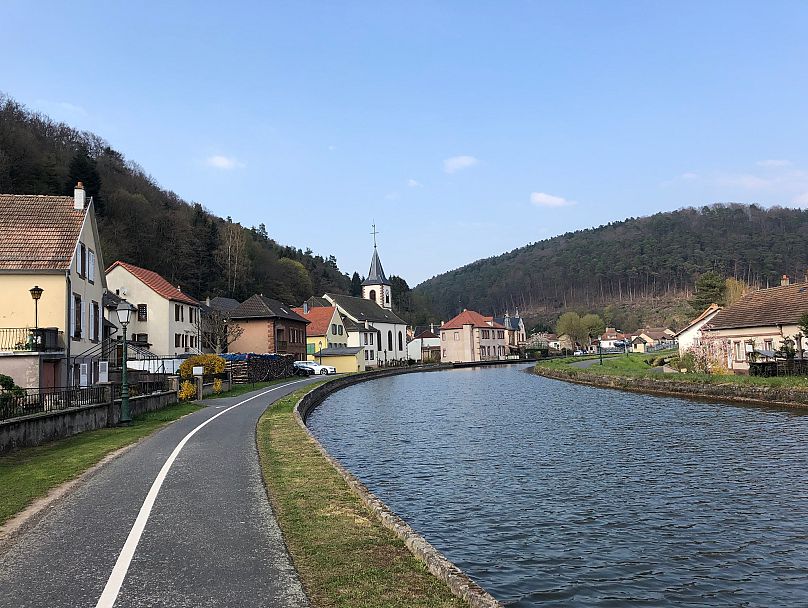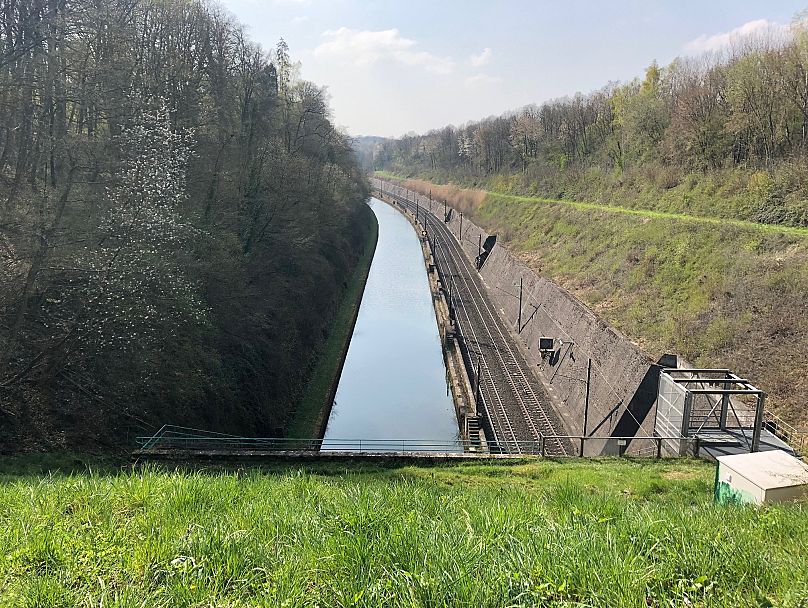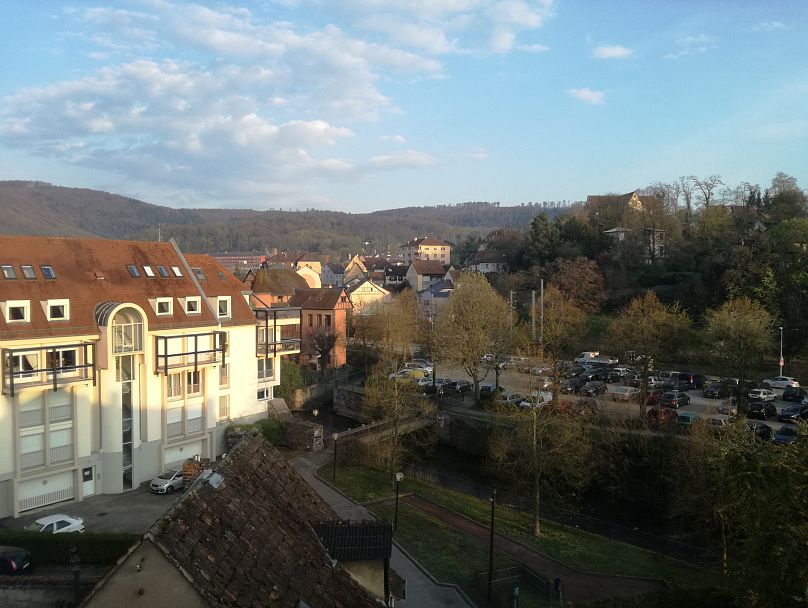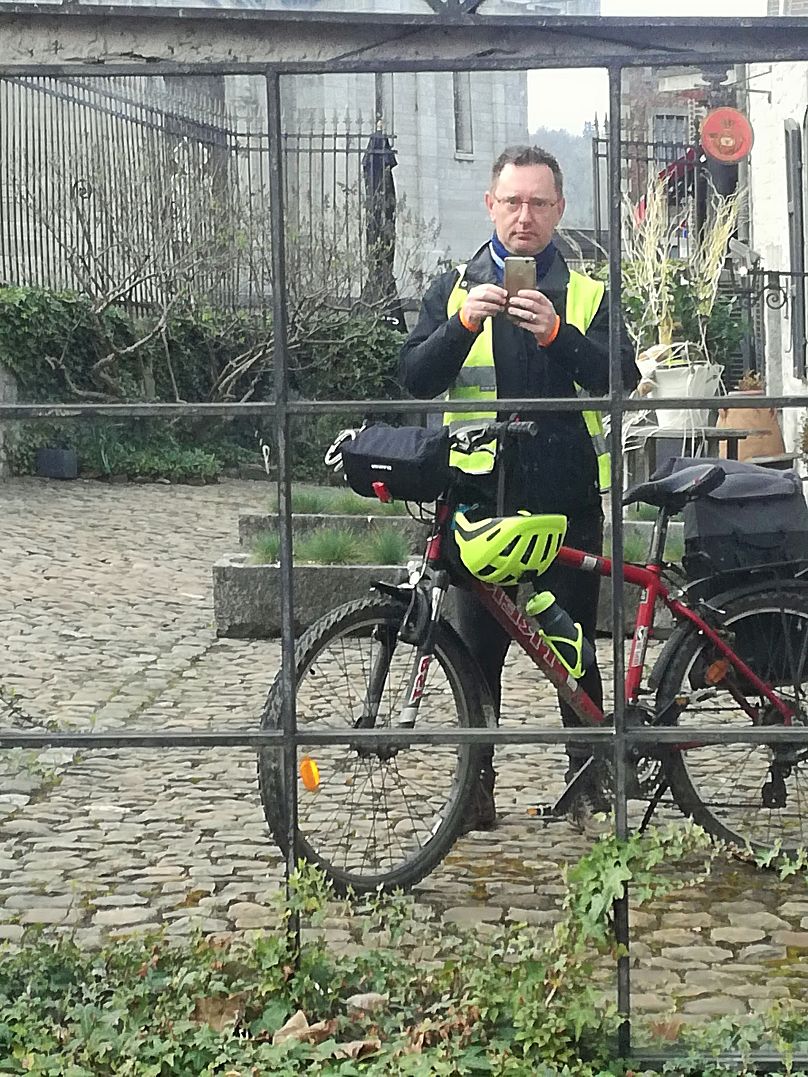In this video we take a look back at the bicycle journey of our correspondent between Brussels and Strasbourg.
Every month, the European Parliament packs up and moves everything from Brussels to Strasbourg in France. It's a controversial move that has received plenty of publicity. What is less talked about, however, is the 450-kilometre route between the two cities. Euronews' correspondent, Sandor Zsiros, cycled it to find out what people think of the European project.
After Schengen, I entered Germany. After a few hours, I arrived in Saarlouis. There are 35,000 people living here, the largest employer is a Ford factory.
“The attitude of expectation that Europe should bring everything for us, presupposes actually that we do first something for Europe,” a retired man told me when I asked him what we could do for Europe.
In Saarbrücken I bumped into a group of graffiti artists and, for the first time in my life, I interviewed an anarchist about the EU.
He asked to keep his face covered.
“I am a bit hopeless. Because on science level, we have like a lot of information for example on climate change. So it is not a lack of information. The politicians and the economy are not changing anything. The economical way the European Union is working is not good. Nationalist thoughts are still in the foreground.“
And so I entered France, where I was joined by a fellow biker.
My new friend is from Luxembourg, it's a very open country, one of the founding members of the EU. Do people like the EU there, I asked.
“We like it very much," he replied. "We started there, it started in Schengen to open the borders. Everything started there!"
A final stop before Strasbourg: Saverne, a small city in eastern France.
A shop owner said her business is in danger.
“In Saverne you need to know that they are building commercial zones all around the city, and unfortunately shops are closing down in the city centre little by little.”
And a local hairdresser is also disappointed because of the high taxes and the growth of the EU.
“First of all we should reduce taxes like VAT, reducing charges to employers, it would allow them to increase salaries which would then increase the buying capacities. Beforehand, when we were 12, the EU was great. But now, as we have opened the doors to some countries which did not bring very much, it is now more difficult. It is less obvious now, than before.“
Five and a half days after leaving Brussels I arrived in Strasbourg, at the European Parliament building. I've been to places where I wouldn't get by car. I met very special people. Most people think the EU is a good thing, they want to keep it, but they want to improve it.
In four countries, I managed to talk to at least twenty people in a region that is the core of Western Europe. The majority is aware of the benefits of the European Union and enjoys open borders. But many people want Brussels leaders to pay attention to things that make life difficult and want them to keep direct contact with citizens.
